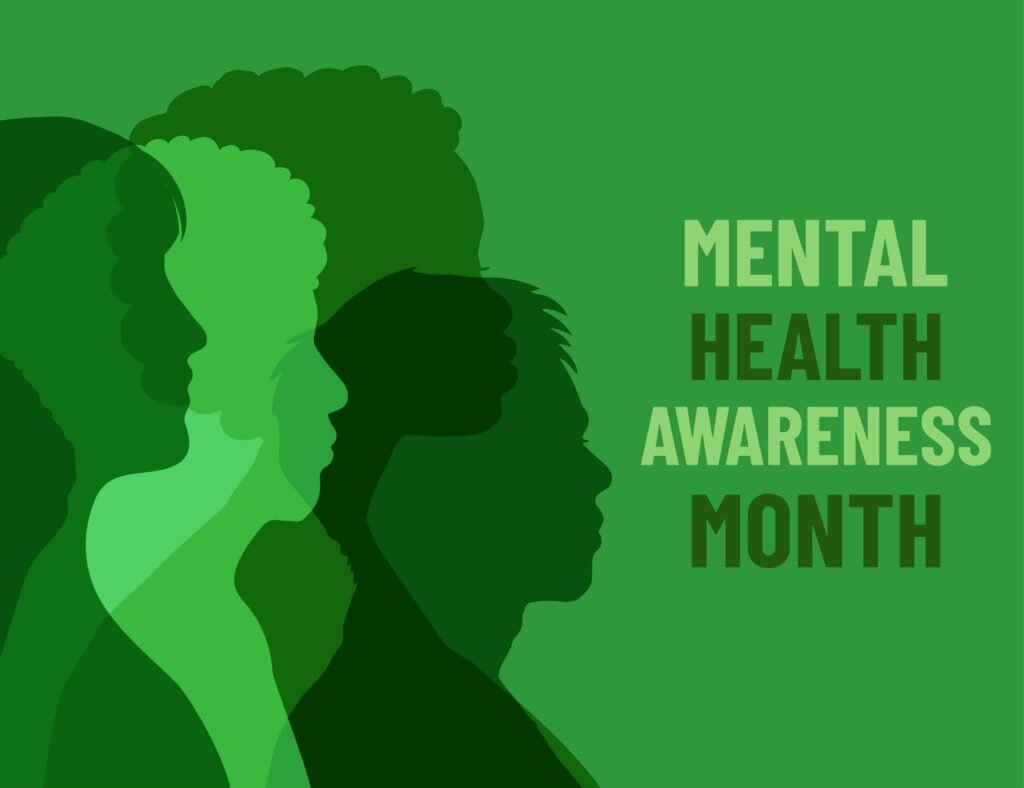Understanding the Connection Between Skin Conditions and Mental Health
May is recognized as Mental Health Awareness Month, a time to shine a light on the intricate relationships between mental health and various conditions that often remain overlooked—such as skin disorders. Research has consistently highlighted the profound impact that skin conditions can have on mental well-being, influencing factors like anxiety, depression, and overall quality of life.
The Historical Context of Psychodermatology
The relationship between skin health and psychological well-being isn’t new. Dermatologist Joseph Klauder first explored these connections back in 1925. Over recent decades, the field of psychodermatology has gained traction, with mental health professionals and dermatologists collaborating to better understand how skin conditions affect emotional health.
Why This Matters
- Increased Awareness: As awareness grows, more effective treatments that address both physical and emotional aspects may be developed.
- Holistic Approaches: Understanding this connection can lead to comprehensive care strategies for patients.
Common Dermatologic Conditions and Their Mental Health Impacts
1. Acne
Research from India has shown that:
- 88% of patients feel embarrassed about their acne, significantly affecting self-esteem.
- 69% reported lifestyle disruptions, linking severity and location of lesions to increased social anxiety.
Key Findings:
- Acne affects daily life and social interactions.
- Female patients often cite acne as a concern for future relationships.
2. Alopecia Areata
A study in JAMA Dermatology revealed that:
- 9% of patients with alopecia areata suffer from depression.
- Over 34% exhibit symptoms of anxiety.
Implications:
- Many individuals with this condition may require psychiatric treatment to manage symptoms effectively.
3. Atopic Dermatitis
A meta-analysis published in JAMA Dermatology found that patients with atopic dermatitis are:
- More likely to experience suicidal thoughts or attempts, especially among children and those with severe cases.
Highlight:
- This skin condition poses significant mental health risks that often go unaddressed.
4. Hidradenitis Suppurativa
Research indicates high prevalence rates of psychiatric disorders among patients with hidradenitis suppurativa:
- Depression ranges from 12% to 26.8% while anxiety varies between 4.9% and 18%.
Contributing Factors:
- Pain, social stigma, and comorbidities like obesity can intensify mental health issues.
5. Psoriasis
Psoriasis has been linked to various psychiatric conditions, including:
- Anxiety, eating disorders, and mood disorders.
Interrelation:
- Stress can exacerbate psoriasis, creating a vicious cycle of emotional and physical distress.
6. Rosacea
Patients with rosacea often experience:
- Social stigmatization and lower quality of life due to its visible nature.
Impact:
- Men and younger demographics are particularly susceptible to anxiety and depression related to this condition.
7. Skin Cancer
A study in the European Journal of Cancer Prevention established a significant relationship between skin cancer and mental health challenges:
- There appears to be a bidirectional connection, where mental health issues may increase skin cancer risk and vice versa.
8. Vitiligo
A comprehensive study indicated that:
- Patients with vitiligo often report poor mental health, with over half showing moderate to severe depressive symptoms.
Significant Insights:
- The burden is greater in individuals with larger affected areas, particularly on the face and hands.
Conclusion
Understanding the link between skin conditions and mental health is essential, especially during Mental Health Awareness Month. By recognizing these connections, we pave the way for more integrated care approaches that address both physical and emotional health.
For further reading and resources on mental health and skin conditions, consider visiting Mental Health America and the American Academy of Dermatology.


